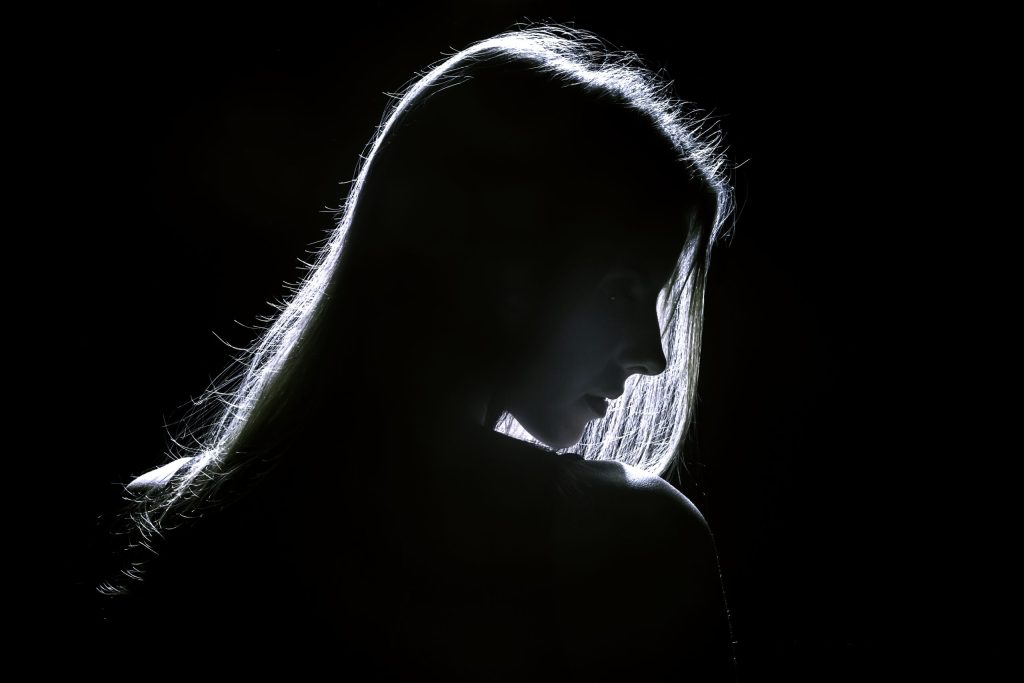| People with disability welcome the Federal Government’s commitment to fully funding our Royal Commission, as revealed in the 2019-20 Budget.
“We very much welcome the $527m allocated to our Royal Commission into the epidemic of violence, abuse, neglect and exploitation against people with disability, in tonight’s Budget,” said Matthew Bowden, Co-CEO of People with Disability Australia (PWDA), and member of Disabled People’s Organisations Australia (DPO Australia).
“We know that for people with disability to finally get the justice they deserve, the Royal Commission will need to come with a variety of essential supports and accessibility”.
“The Royal Commission must have this funding to make sure that different people with disability have their needs met, based on their personal circumstances, including age, sex, gender, sexual orientation, intersex status and ethnicity, acknowledging the particular situation of Aboriginal and Torres Strait Islander people and culturally and linguistically diverse people with disability.”
“The NDIS is an essential part of Australia’s social infrastructure, and must be available to all people with disability who need it. The almost $4 billion underspend of NDIS funds is a national disgrace, and we completely oppose the spending of these funds anywhere but on people with disability,” said Mr Bowden.
“People with disability come to us every day in despair because they can’t access the NDIS, their funding packages have been cut or they aren’t getting the supports they urgently need. Where is this money going, if it’s not being spent making sure that people with disability can have the supports they need for an equal life?”
“Staffing for the NDIS remains just over 3000, predicted to reach 3230 in 2019-20. As people wait for months to have their access requests and reviews assessed, the Government has failed to even meet its own target of 3700. The cap must be removed altogether so we are not left in limbo, sometimes at risk of harm and even death,” said Mr Bowden.
“We are disappointed yet again to see that the Federal Government has not listened to the 30% of people trying to survive on Newstart who have disability and/or illness, and lift them out of poverty. Newstart needs to be raised by $75 per week urgently.”
People with disability who cannot work deserve fair income support, but the Government has made the Disability Support Pension (DSP) harder and harder to access. That is reflected in this year’s Budget, where government spending on DSP is estimated to decrease by 2.3 per cent from 2019-20 to 2022-23. This is driven by the unfair tightening of eligibility, which simply drives more people into poverty on Newstart.
“In 2019, we want to make sure that all people with disability can have a safe, accessible and affordable home where we choose where we live and who we live with,” said Mr Bowden.
“We want to see any increases in NDIS pricing go to make sure that people with disability aren’t being forced to share their housing and supports. We know that institutionalised forms of housing, such as group homes, can increase the risk of violence and abuse for people with disability. People with disability need the same kinds of choice about where and who they live as non-disabled people have,” said Mr Bowden.
“Aboriginal and Torres Strait Islander people with disability were looking to this Federal Budget to outline how to address the multiple barriers to our participation within our own communities and the wider community,” said Damian Griffis, CEO of First Peoples Disability Network Australia, a member of DPO Australia.
“Our research shows that there is a higher rate of disability among Aboriginal and Torres Strait Islander people, and that those people experience higher rates of disadvantage. We wanted to see strong recognition of our expertise, and resources to address the barriers we face accessing the NDIS,” said Mr Griffis.
“Women are only 37% of NDIS participants, when we are the majority of people with disability. This is unfair, and shows that more investment is needed to get the NDIS working fairly for women with disability,” said Carolyn Frohmader, Executive Director, Women With Disabilities Australia, a member of DPO Australia.
“The employment statistics for women with disability have seen no improvement over the last two decades, showing how much we need targeted measures to provide a pathway out of poverty for women with disability. In addition, it is imperative that the Royal Commission fully investigate domestic violence against women with disability, who experience 37.8% higher rates than their non-disabled peers,” said Ms Frohmader.
“We want to end the discrimination that people with disability who come to Australia face. Many people with disability are routinely refused admission solely based on their disability,” said Dwayne Cranfield, CEO of National Ethnic Disability Alliance, a member of DPO Australia.
“Refugees, who come to Australia seeking protection and safety, have higher rates of disability than other Australians, and often can’t access the essential disability supports they need. We are disappointed to see further marginalisation of refugees in this Budget, through cuts to refugee employment services and asylum seeker support and no moves to address this glaring hole in our safety net. This will disproportionately target refugees and migrants with disability.”
“People with disability from migrant and refugee backgrounds have longer wait times to access essential supports such as the Disability Support or Aged Care Pension. This policy places them and their family at significant risk of financial hardship or poverty. We need to remove these barriers to social protection so culturally and linguistically diverse people with disability can access basic entitlements on an equal basis with other Australians,” said Mr Cranfield. |
